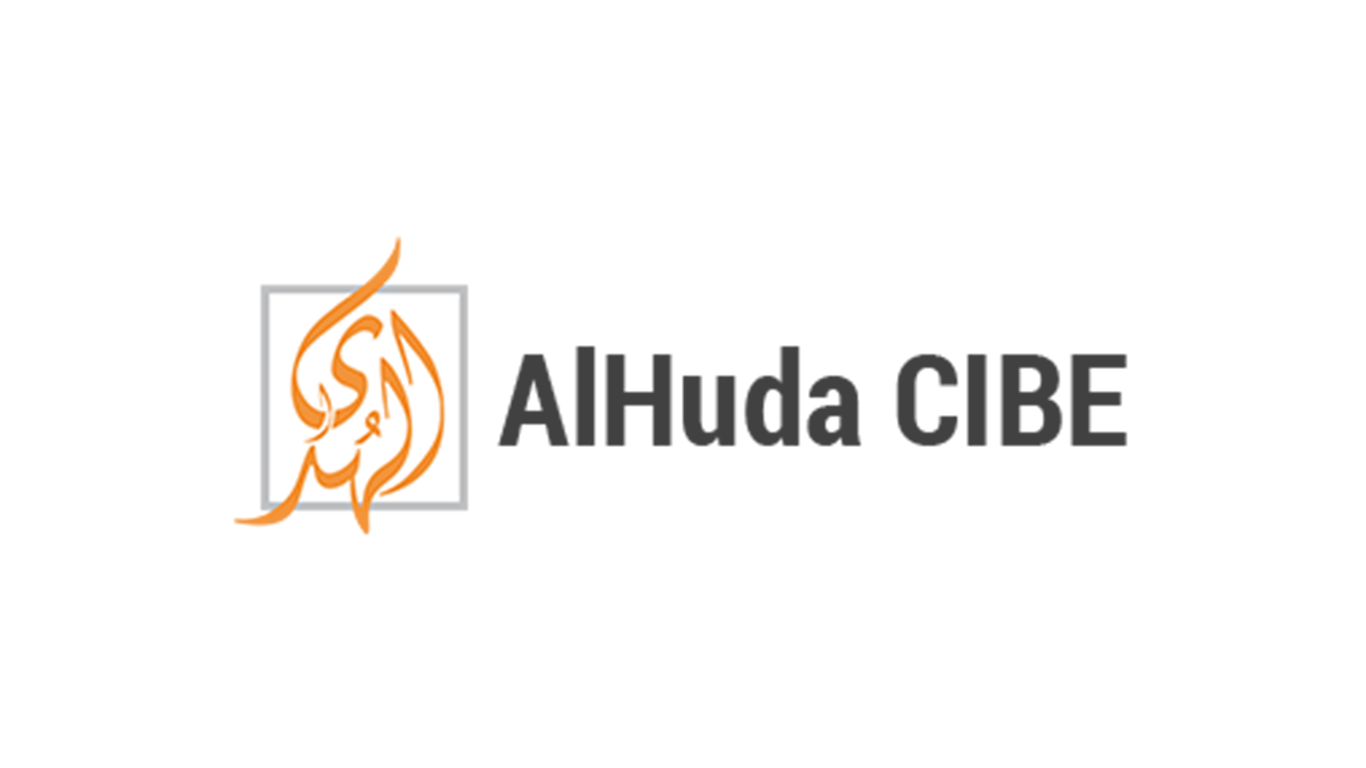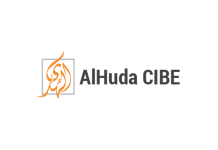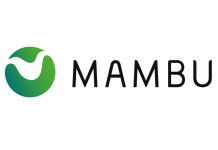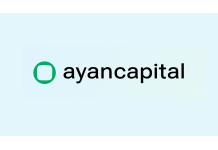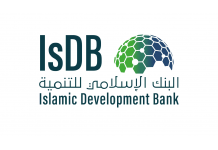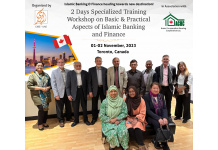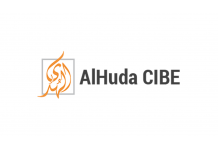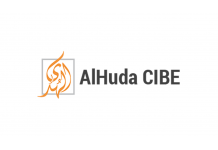Islamic Banking and Finance is Emerging in CIS...
- 23.04.2024 12:25 pm
85% of Gen Z Muslims Want to Try Islamic Banking: New...
- 23.04.2024 06:50 am
Halal Car Finance Platform, Ayan Capital, Launches in...
- 25.03.2024 12:45 pm
Offa Selects finova’s Apprivo Origination Platform to...
- 31.01.2024 12:25 pm
IsDBI Begins Development of Islamic Finance Knowledge...
- 02.01.2024 01:55 pm
Islamic Finance Seems Promising in Canada
- 03.11.2023 10:30 am
Islamic Banking & Finance Assets Have Grown to USD...
- 10.10.2023 11:25 am
5th Global Takaful and Re-Takaful Forum will be hosted...
- 28.09.2023 01:05 pm
AlHuda CIBE is Committed to Strengthen the Islamic...
- 21.09.2023 06:55 am
iDenfy Partners with Kestrl to Increase Conversions...
- 15.09.2023 12:05 pm
AlHuda CIBE Continues its Commitment to Excellence in...
- 13.09.2023 01:00 pm
1 in 3 UK Adults Now Focused on Savings Despite Over...
- 13.09.2023 08:15 am

